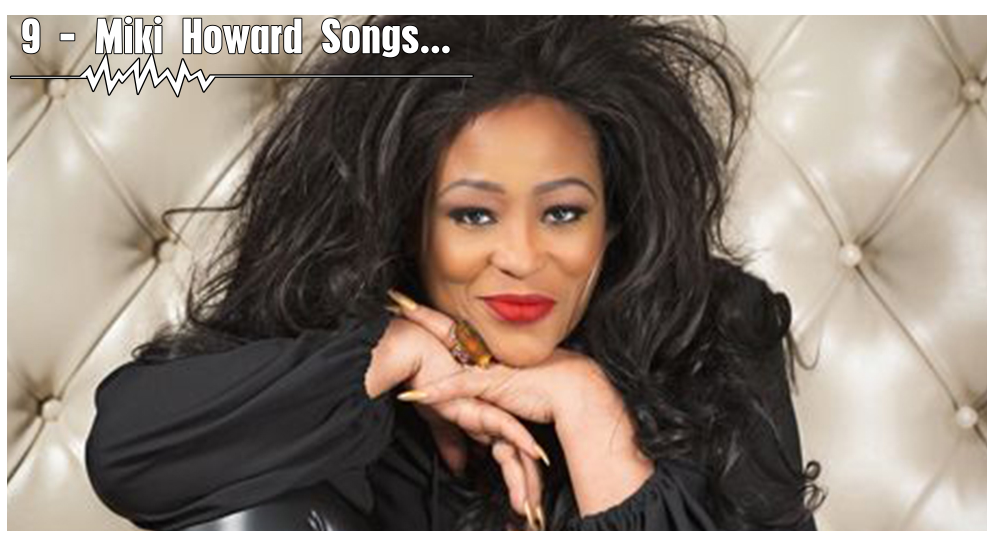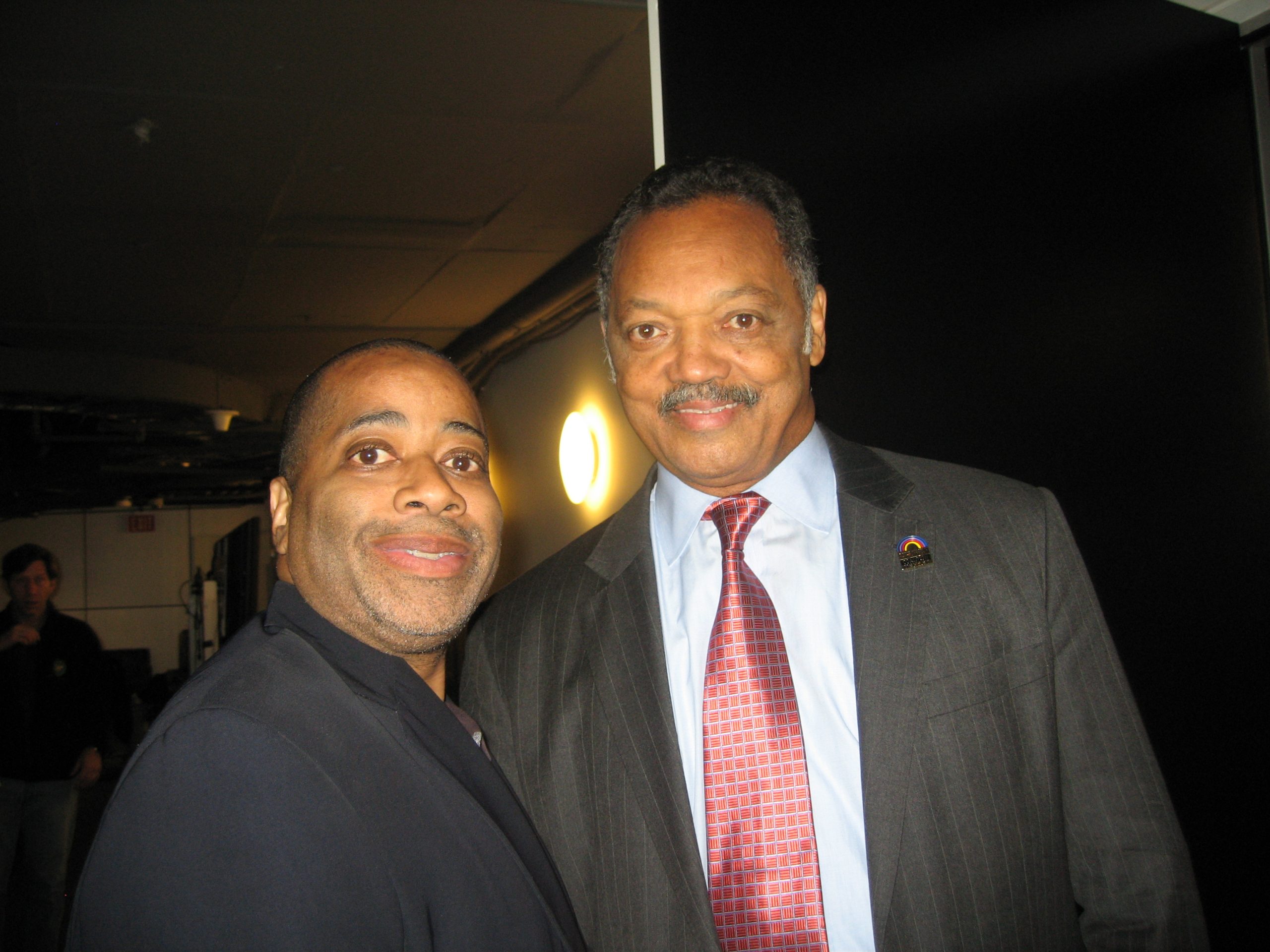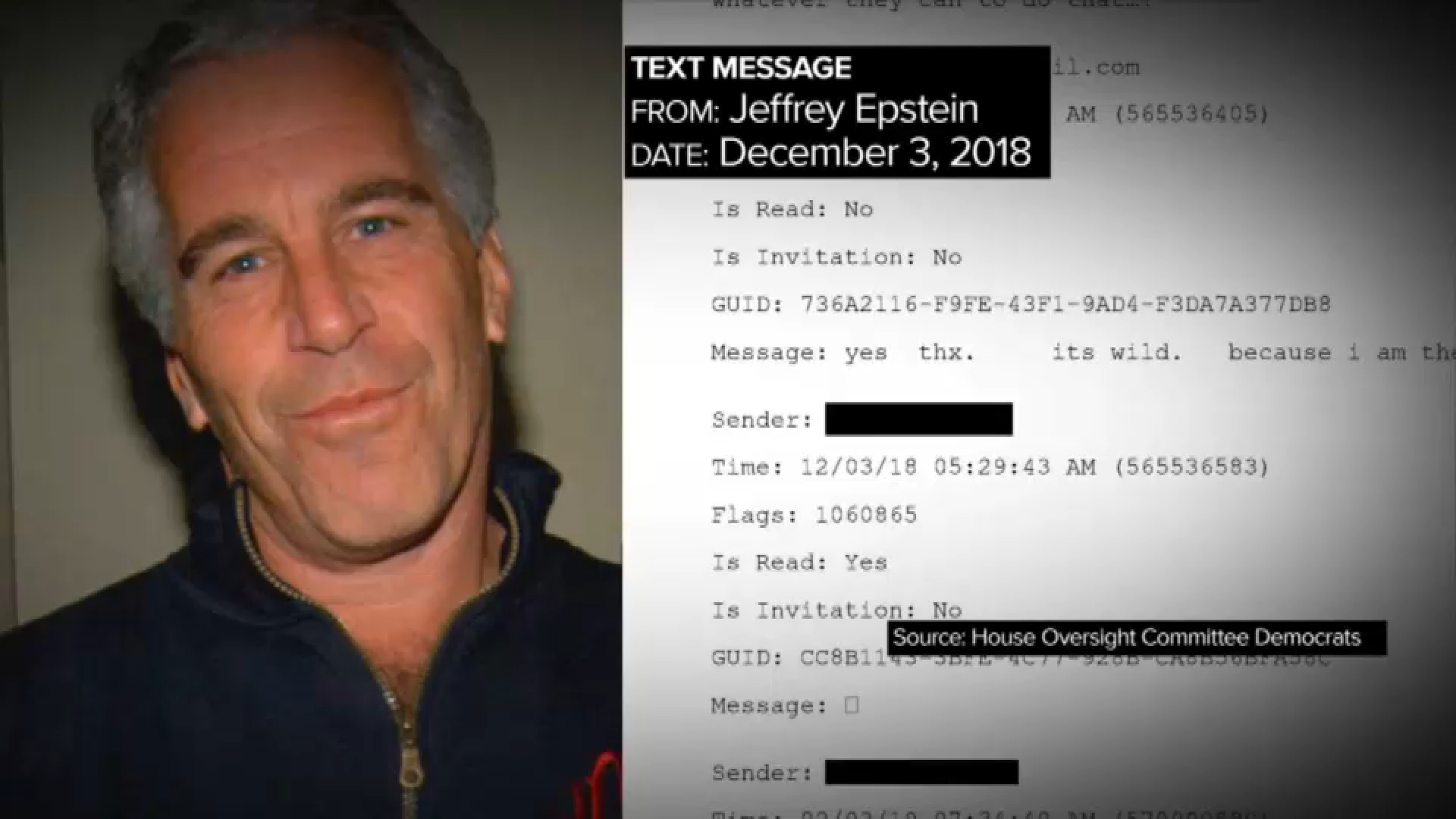(ThyBlackMan.com) Miki Howard doesn’t always get the flowers she deserves, but if you’ve ever spent time with her music, you know she’s one of R&B’s most emotionally honest storytellers. Her voice is velvet and vulnerability, gospel grit wrapped in jazz elegance. She’s the kind of artist who can make you feel heartache in your chest and healing in the same breath.
For me, diving into Miki Howard’s catalog feels like reconnecting with an old friend—one who’s been through it all but still sings with grace. Whether she’s belting a powerhouse ballad or floating gently through a jazz standard, she never loses sight of the emotion behind the melody. These nine songs are some of her finest moments—each one a different shade of love, longing, or self-discovery. If you’re new to her, this is a perfect place to start. If you’re already a fan, consider this a reminder of just how deep her artistry runs.

1. “Love Under New Management”
This signature ballad is one of Howard’s most beloved hits, and for good reason—it’s emotional honesty wrapped in sonic beauty. “Love Under New Management” is an anthem of renewal. It doesn’t just celebrate new love; it tells a story of overcoming brokenness to embrace something stable and healthy. The title itself feels like a powerful metaphor for personal rebirth, and Howard sings it like a woman who’s lived every lyric.
Howard’s delivery is rich with nuance—she doesn’t oversing, but she lets the words breathe with just enough inflection to draw you in. The phrasing, the slight growl in her tone, and the ache she places on certain notes make it clear this song is rooted in lived experience. Her vocal choices are subtle but potent—when she sings “My heart is under new management,” you hear both relief and revelation.
The instrumentation is classically late-’80s R&B: synths that shimmer without being cheesy, and a steady rhythm section that lets her vocals remain front and center. It’s both cinematic and intimate—like a conversation with yourself after months of healing. There’s a richness in the production that allows the emotion to swell without ever tipping into melodrama. The background vocals support her like a gospel chorus, adding spiritual weight to her romantic testimony.
Today, this song speaks loudly in a world where emotional intelligence and self-worth are front and center in romantic discussions. It’s the kind of track that belongs on healing playlists and late-night reflections. Whether you’ve been through heartbreak, divorce, or just needed to find yourself again, “Love Under New Management” provides a melodic affirmation that better days—and better love—are possible.
2. “Come Share My Love”
“Come Share My Love” was Howard’s breakout single, and it’s still a standout debut. The track has a graceful, almost jazzy cadence, which allows her voice to shine in its purest form. There’s a longing in her performance that pulls you close. It’s the kind of love song that gently wraps around you rather than trying to seduce you with grandiosity.
This song is an open invitation to intimacy—not just physical, but emotional. She sings with clarity and sincerity, making the offer feel like it comes from a place of vulnerability rather than desperation. That distinction is what gives the track staying power. She doesn’t beg; she welcomes, creating a mood that feels respectful, sensual, and safe.
The arrangement leans into the quiet storm tradition—light keys, tasteful saxophone runs, and a slow groove that simmers just below the surface. It’s restrained, but never cold. You can imagine it playing softly in a dimly lit room, candles flickering. Each element—from the melody to the production—feels purposefully placed to enhance Howard’s voice without overwhelming it.
“Come Share My Love” is timeless because the emotions it expresses never go out of style. Whether you’re falling in love again or missing someone deeply, Howard gives those feelings a lush, sophisticated soundtrack. It’s a reminder of how love can be expressed with elegance and soul—and how vulnerability, when paired with confidence, becomes irresistible.
3. “Baby, Be Mine”
With “Baby, Be Mine,” Howard leaned into an uptempo, almost pop-inflected groove. Yet, her soulful delivery anchors the song firmly in R&B tradition. It’s flirtatious without being flighty—a tough balance that Howard handles like a veteran. Her voice injects the track with a warmth and charm that makes it feel as fresh today as it did in the late ‘80s.
The melody is catchy, almost deceptively so, because beneath the fun and flirtation is a deeper yearning. She wants this person—not just for tonight, but for real. The urgency in her voice turns what could have been just a feel-good bop into something more layered. You hear a hint of uncertainty in her phrasing, suggesting that behind the confident ask is a real fear of rejection or heartbreak.
Musically, the track thrives on its crisp percussion and bright keyboard hooks. It’s danceable, sure, but also smartly produced. Every note is tailored to support her vocal strengths, giving her space to shine while still making your head nod. The balance of groove and grace is key here—it’s polished, but never overproduced.
Even now, “Baby, Be Mine” could slot into a setlist next to artists like H.E.R. or Jazmine Sullivan. It’s got a youthful bounce and grown-up perspective, making it just as listenable today as it was in the late ’80s. It’s perfect for moments when you want something light but meaningful—a love song that makes you smile while still tugging at your heartstrings.
4. “Ain’t Nobody Like You”
This song remains one of Howard’s most sensual offerings. “Ain’t Nobody Like You” is smoky, seductive, and bathed in the quiet storm aesthetic. It’s a tribute to a lover who’s irreplaceable—and she makes you feel the loss, the longing, and the obsession all at once. It’s not about simple desire—it’s about emotional dependency and the ache of not being able to move on.
Howard’s voice here is both restrained and emotionally intense. She doesn’t need vocal acrobatics to convince you—she’s singing from a place of knowing. You hear it in the way she lingers on the word nobody, making it feel like a sigh and a statement. There’s power in her restraint, the kind of performance that commands your attention without ever raising its voice.
The groove is deep and atmospheric. Smooth basslines, subtle guitar, and a minimalist beat allow for the vocals to do all the storytelling. It’s the kind of track that you play with the lights down low, not just for the mood, but for the emotions it stirs. The production leans into space and silence, giving the song a breathy, intimate feel that mirrors the lyrics perfectly.
In the age of emotional vulnerability in music—from Summer Walker to Brent Faiyaz—this song still feels incredibly relevant. It speaks to the complexity of intimacy and attachment without ever sounding dated. “Ain’t Nobody Like You” isn’t just a love song—it’s a slow confession of longing that never quite goes away. And in that sense, it’s eternal.
5. “Until You Come Back to Me (That’s What I’m Gonna Do)”
This cover of the Stevie Wonder-penned classic—immortalized by Aretha Franklin—is one of the most impressive reinterpretations in contemporary R&B. Covering such a legendary track is a bold move, but Miki Howard doesn’t just recreate it—she reimagines it. She infuses it with her signature elegance, creating a rendition that stands confidently on its own.
Howard’s phrasing is deliberate and controlled. Rather than trying to match Aretha’s towering gospel energy, she slides into a jazzier, more intimate lane. Her voice floats over the melody with an airy lightness that feels introspective, not performative. She captures the bittersweet persistence of unrequited love without letting it sound desperate—her delivery is composed, even as the lyrics express longing.
The production brings a polished late-’80s aesthetic to the track—silky keyboard lines, synth strings, and a laid-back snare-heavy beat that gives it contemporary sheen. But there’s still a vintage soulfulness underneath, a nod to the original’s Motown roots. The backing harmonies and brass flourishes blend well with the jazz sensibility Howard brings, elevating the track beyond simple nostalgia.
If you’re revisiting this song in 2025, it plays like a masterclass in emotional subtlety. Howard honors the source material while shifting the emotional lens—trading fire for finesse, volume for vulnerability. It’s ideal for listeners who appreciate covers that dare to carve a new emotional landscape, especially in a time where soulful reinterpretations are a lost art.
6. “Imagination”
“Imagination” is one of those rare songs that lives somewhere between a daydream and a whispered secret. It’s light, jazzy, and utterly charming—showcasing Miki Howard’s ability to swing effortlessly between classic R&B and traditional jazz phrasing. The track flirts with fantasy and invites the listener to get lost in the warmth of hopeful romance.
Howard’s vocal performance here is a masterclass in restraint. There’s no vocal showboating—just tonal shading and clever inflection. She uses her voice like a brush, applying light strokes of color to each phrase. Her dynamics—rising gently here, pausing playfully there—give the impression that she’s letting you in on a private daydream. She turns abstract longing into something tangible and personal.
The instrumentation leans into a breezy jazz template: upright bass, brushed drums, and piano chords that glide rather than hammer. The tempo is gentle, giving the song a strolling pace that makes it perfect for background listening but also rewarding when given full attention. It’s a song that doesn’t demand you listen—it invites you to.
In a world of overstimulation and musical excess, “Imagination” stands out for its subtlety and calm. It’s the kind of song that evokes a lazy Sunday morning, a glass of wine at twilight, or the quiet joy of romantic anticipation. It reminds us that sometimes, less really is more—and that the most powerful feelings don’t need to be shouted to be heard.
7. “That’s What Love Is” (feat. Gerald Levert)
When two vocal titans come together, the results can be explosive—and “That’s What Love Is” delivers exactly that. This duet between Miki Howard and Gerald Levert is not your standard R&B love ballad. It’s raw, passionate, and full of emotional peaks and valleys, exploring the resilience and turbulence of romantic love with unfiltered honesty.
From the first note, the chemistry between Howard and Levert crackles. They don’t just sing to each other—they battle, comfort, and confess. Howard brings her smooth phrasing and heartfelt delivery, while Levert counters with his rich, raspy bravado. They trade lines like longtime lovers arguing and reconciling in real time, creating dramatic tension that feels authentic.
The arrangement elevates the emotional stakes. Gospel-tinged strings swell during the chorus, and the call-and-response vocal structure mirrors the dynamics of a real relationship. There’s a push and pull in the instrumentation too—moments of quiet contemplation followed by surges of powerful crescendos. The rhythm section grounds the emotion, while the layered harmonies build the sense of shared experience.
In today’s musical landscape, “That’s What Love Is” feels like a lost template for real, mature duets. It’s messy in the best way—full of complicated emotions, vulnerability, and mutual strength. It deserves to be mentioned alongside classics like Marvin Gaye and Tammi Terrell’s duets or Ashford & Simpson. If you want a love song that goes beyond fairy tale narratives and digs into the real grit of commitment, this one’s essential listening.
8. “Crazy”
“Crazy” is a raw, emotionally bare ballad that showcases Miki Howard’s ability to translate inner turmoil into lyrical and melodic beauty. It deals with the kind of heartbreak that doesn’t make sense—the kind that leaves you questioning your sanity, grasping for clarity in a relationship that offers none. The song doesn’t flinch from pain; it leans into it.
Howard’s performance is staggeringly vulnerable. Her voice doesn’t break—but it wants to. You can hear her trying to hold it together in every line. She navigates each verse with a trembling kind of poise, a control that makes the emotional payoff in the chorus even more powerful. There’s a sense of unraveling as the song progresses, but it’s all masterfully guided—she lets us hear her on the edge without falling over it.
The arrangement is sparse and haunting. Ethereal keyboards float like fog over a nighttime highway, while the percussion ticks like a clock—giving the impression that time is moving slowly, painfully. This minimalism is what allows Howard’s voice to take center stage. Every pause, every breath, every slight shift in tone feels like a deliberate emotional beat.
Long before today’s music made vulnerability fashionable, “Crazy” gave us an honest portrait of emotional instability caused by love. It’s a standout track for listeners who appreciate emotional storytelling through song. In 2025, it remains relevant in the age of public conversations about mental health, attachment, and emotional self-awareness. “Crazy” doesn’t just make you feel something—it makes you sit with those feelings, and that’s its power.
9. “But I Love You”
On her tribute album Miki Sings Billie, Miki Howard doesn’t just revisit the legacy of Billie Holiday—she enters into a quiet dialogue with it. Her rendition of “But I Love You” is a standout moment on the record. It’s not imitation—it’s respectful interpretation, and Howard walks the tightrope between homage and originality with grace and skill.
Vocally, Howard leans into a softer register here. Her voice is lighter, more restrained, almost whispery in places—but don’t mistake that for weakness. It’s the sound of an artist exercising control, letting the lyrics speak without overwhelming them. She respects the song’s phrasing, echoing Holiday’s breathy timing and wistful tone, but never sounds like she’s impersonating. Instead, Howard adds her signature touches: a vocal flick here, an unexpected vibrato there. These subtle adjustments give the performance a freshness that makes it feel alive and contemporary.
The arrangement is as delicate as a thin veil of smoke. Upright bass tiptoes beneath soft brush drums, while the piano meanders gently without taking up too much space. There’s no need for embellishment—the space in the song is the point. It allows the listener to truly absorb the melancholy of the lyrics. This minimalist approach is a reminder of jazz’s emotional architecture—sometimes the silence between notes says more than the notes themselves.
“But I Love You” is ultimately about contradiction—loving someone you shouldn’t, wanting someone who causes pain. Howard captures that contradiction with devastating precision. Her performance is layered with emotional duality: tenderness wrapped in resignation, affection tinged with sorrow. You can hear her battling between what she knows and what she feels, and that push and pull gives the track its quiet power.
In a world where many vocalists aim to impress with vocal fireworks, this song is a case study in the art of restraint. It’s a reminder that Howard isn’t just an R&B powerhouse—she’s a true vocal stylist who can shift genres with ease and dignity. With “But I Love You,” she proves that her artistry can travel back in time without getting lost in it—bringing Billie’s spirit forward while keeping her own identity intact.
Listening to Miki Howard is like sitting down with someone who isn’t afraid to tell the truth—whether it’s about heartbreak, healing, or holding on to love a little longer than you should. She doesn’t sugarcoat her emotions, but she never loses elegance. Her voice knows when to whisper and when to wail. That kind of balance is rare.
These nine songs only scratch the surface of her brilliance, but they capture the spirit of who she is as an artist—fearless, soulful, and timeless. In a world full of quick hits and forgettable trends, Miki Howard’s music is a reminder that real emotion never goes out of style. So go ahead—press play, pour something slow, and let her voice remind you how powerful a well-sung truth can be.
Staff Writer; Jamar Jackson

















Leave a Reply